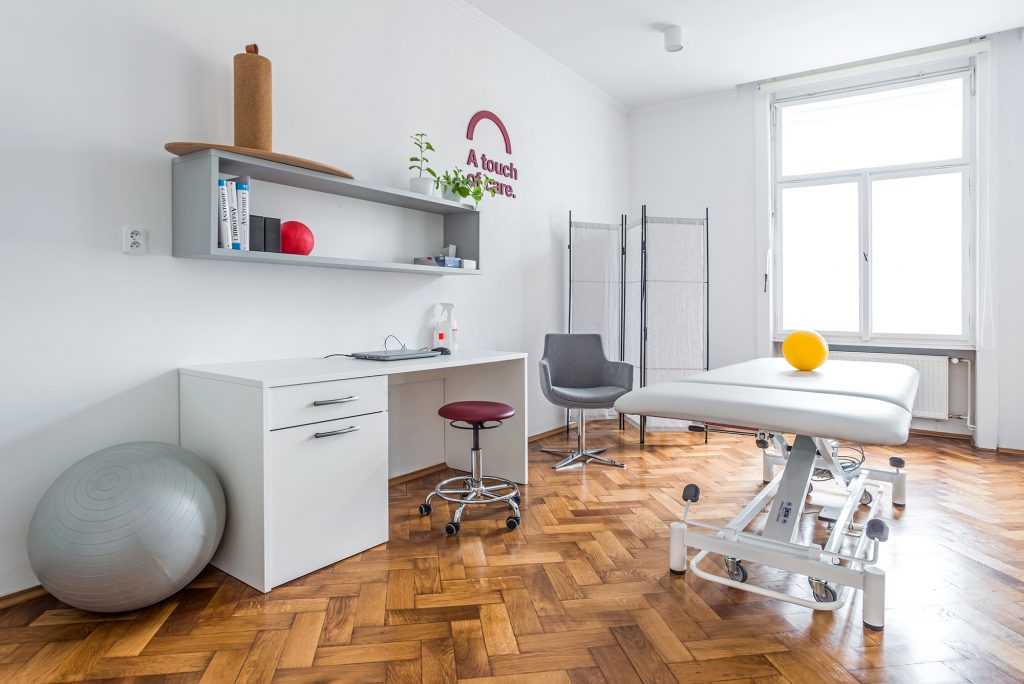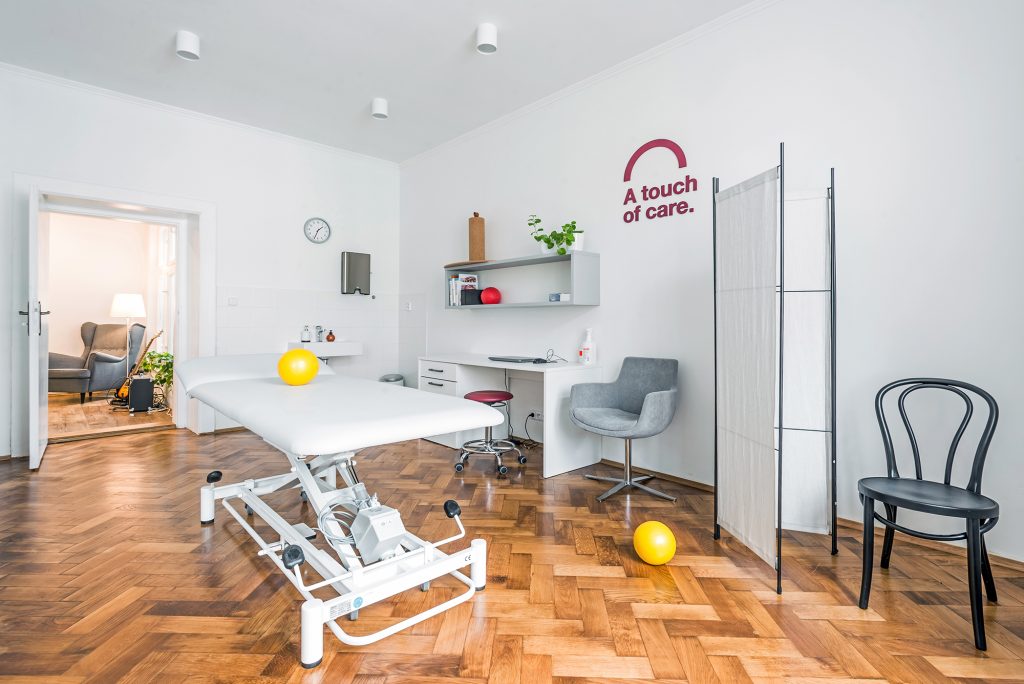Herbs for Women
Our clients often ask which herbs they can use to help with their gynecological issues. We decided to create a list of the most commonly recommended herbs for pregnancy, painful menstruation, endometriosis, or those trying to conceive.
Note: Always consult with your doctor or pharmacist before using any herb, as there may be individual contraindications. The herbs and supplements mentioned in this article are for informational purposes and should not be considered a guide for use. We recommend using herbs only in proven mixtures. Do not use if you have a known sensitivity to any of the ingredients.
Herbs During Pregnancy:
- Raspberry Leaf: Used in the third trimester, raspberry leaf helps relax the pelvic muscles and may shorten labor.
- Nettle: A source of iron, nettle is used during pregnancy to treat anemia and helps reduce swelling.
- Strawberry Leaf: Provides iron and helps maintain the proper tone (tension) of the uterus, which changes during pregnancy.
- Lady’s Mantle: Positively affects uterine tone and helps with morning sickness.
- Lemon Balm: Used for calming, relieving headaches, and aiding sleep. Recommended during pregnancy.
- Chamomile: Similar to lemon balm, it soothes, supports mental well-being, and helps with nausea.
- St. John’s Wort: The flowers and stems help relieve pain and treat inflammation.
Herbs to Avoid During Pregnancy:
- Aloe Vera: Increases blood flow to the pelvic area.
- Angelica: Can cause miscarriage.
- Anise: Can induce miscarriage.
- Chasteberry (Vitex): Should be avoided.
- Chamomile: Stimulates uterine muscles.
- Melilot: Should be avoided.
- European Asarum: Can cause miscarriage.
- Licorice Root: Causes uterine contractions, increases blood flow to the pelvic organs.
- Lovage: Induces uterine contractions.
- Parsley: Increases blood flow to the pelvic area.
- Rue: Strongly increases blood flow to the pelvic area.
- Mexican Mint Marigold: Should be avoided.
- Yarrow: Can be used in small doses and not long-term.
- Vervain: Suitable only during labor, supports uterine contractions.
- Sage: Can cause miscarriage.
Herbs and Supplements for Endometriosis:
- Lady’s Mantle: Often mistakenly recommended. It should be avoided with endometriosis as it supports estrogen production and promotes the growth of the uterine lining, which is not desirable due to estrogen dominance in endometriosis.
- Chasteberry (Vitex): Helps relieve menstrual pain, stabilize hormones (for PMS, menstrual pain, and irregular bleeding), and is effective for endometriosis and uterine fibroid cysts. It supports the ovulation cycle, increasing progesterone levels. Take from ovulation until menstruation, or from day 8 of the cycle for premenopausal women.
- Wild Yam: A natural alternative to alleviate symptoms of menopause, helping balance estrogen and progesterone levels.
- Evening Primrose: Available as oil or capsules, it supports menstrual comfort and reduces menstrual pain.
- Dead Nettle: Strengthens menstrual comfort and aids in water retention.
- Chamomile: Soothes, supports mental well-being, and helps with nausea.
- Muira Puama: Improves blood circulation, supports physical and mental endurance, energizes, enhances memory and cognitive function, relieves stress, and supports menstrual problems caused by hormonal imbalances.
- Catuaba: Supports libido, prevents exhaustion, strengthens the body, and has antibacterial and antiviral properties. Also balances mood swings and reduces excessive stress.
- Ascorutin: Used to treat capillary fragility and permeability, reducing heavy menstrual bleeding.
- Aescin: Normalizes capillary permeability and treats local swelling and inflammation, especially after surgery. It is suitable for excessive menstrual bleeding and for endometriosis.
For endometriosis, we recommend a combination of evening primrose oil, Ascorutin/Aescin, Muira Puama, and Catuaba.
Gynecological Blend:
For infertility and irregular cycles:
- Chamomile, Marjoram, Rosehip, Chicory, Yarrow, Thyme, Dead Nettle, Plantain.
These herbs support reproductive organs, hormones, and overall body vitality. This blend detoxifies the female reproductive system of any toxins. It is recommended for women struggling with infertility or irregular menstrual cycles. The tea is consumed 3 times a day by pouring 250 ml of boiling water over 1 tablespoon of the blend, letting it steep for 20 minutes covered, and then drinking it while still warm. Do not sweeten! This blend can be used long-term (6–9 months), but should be discontinued during menstruation.







